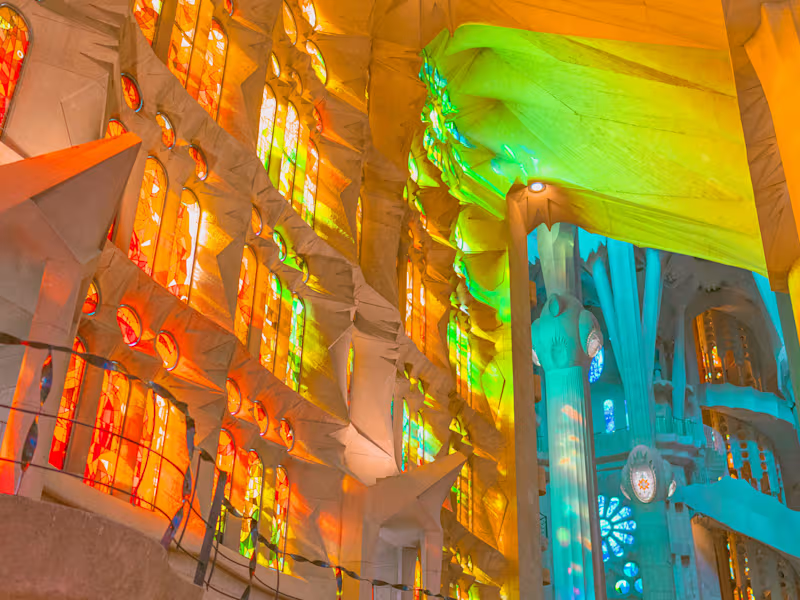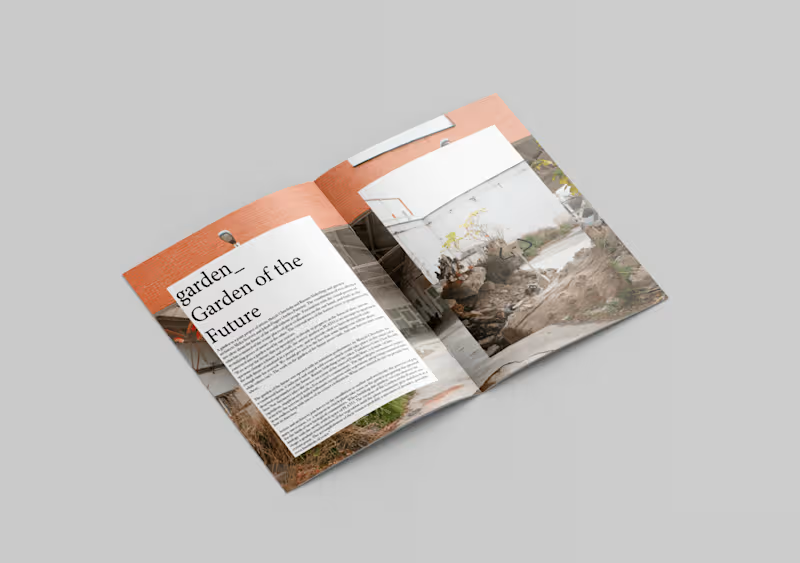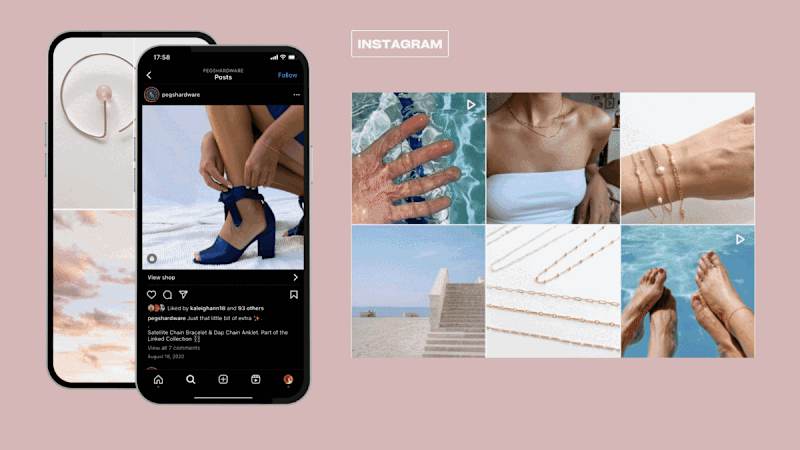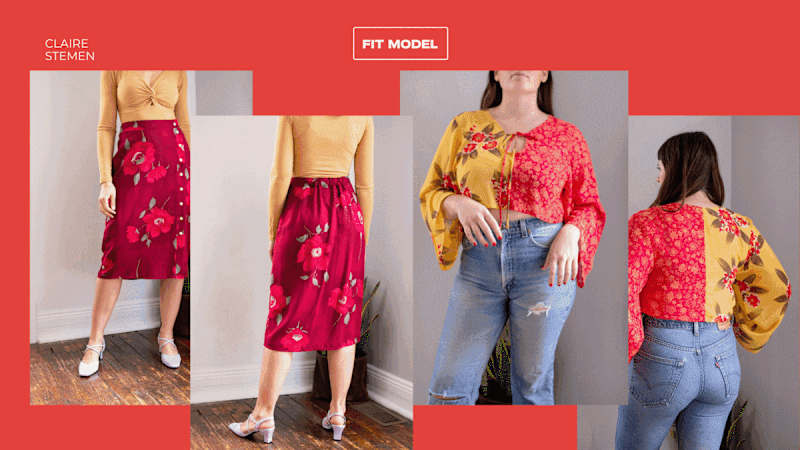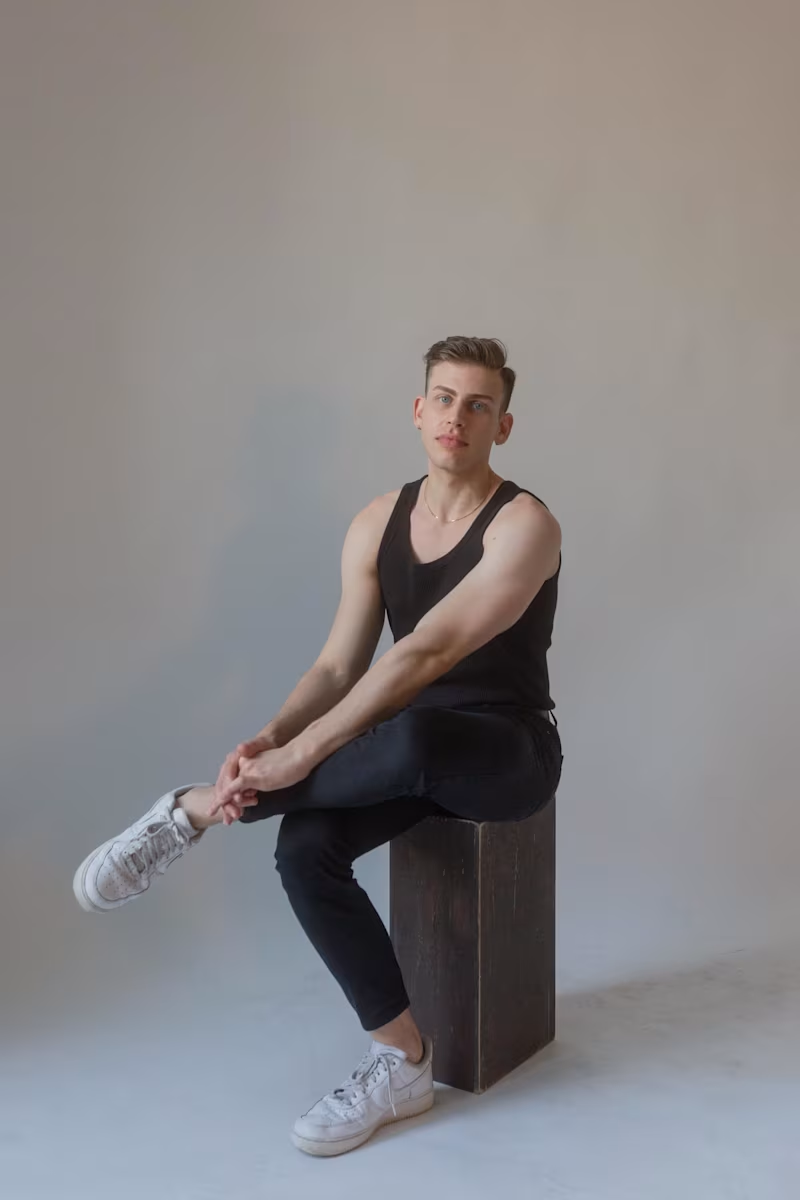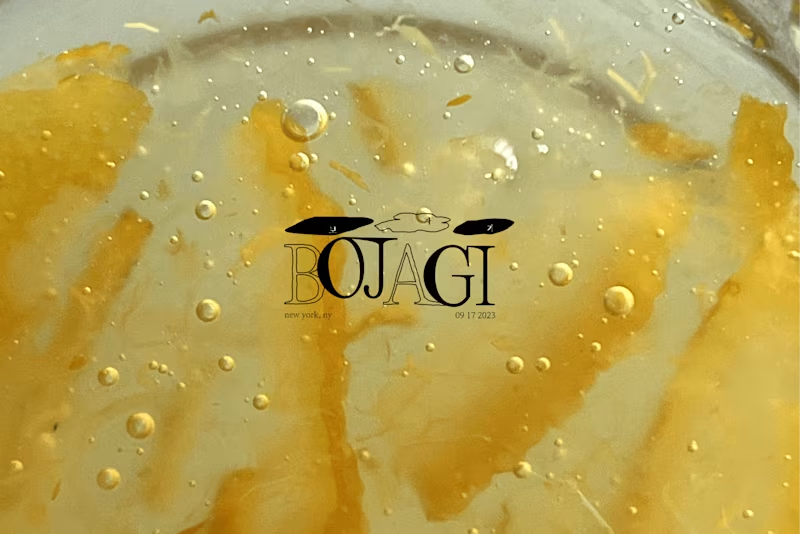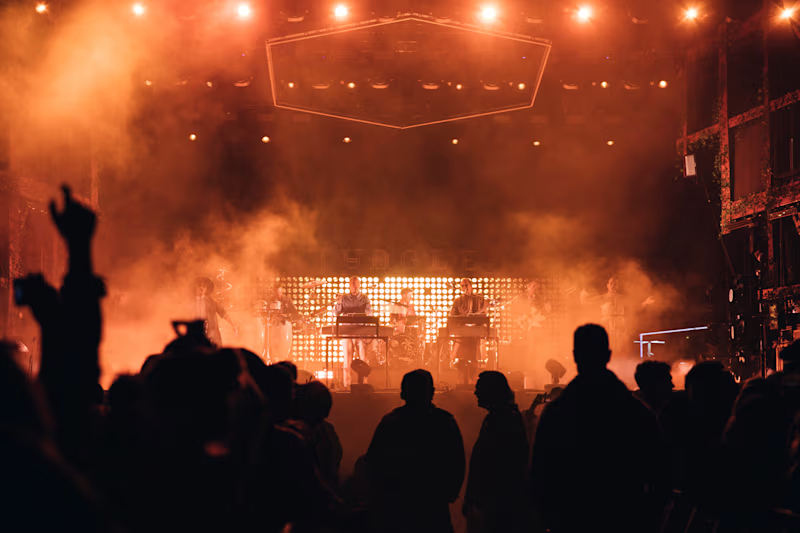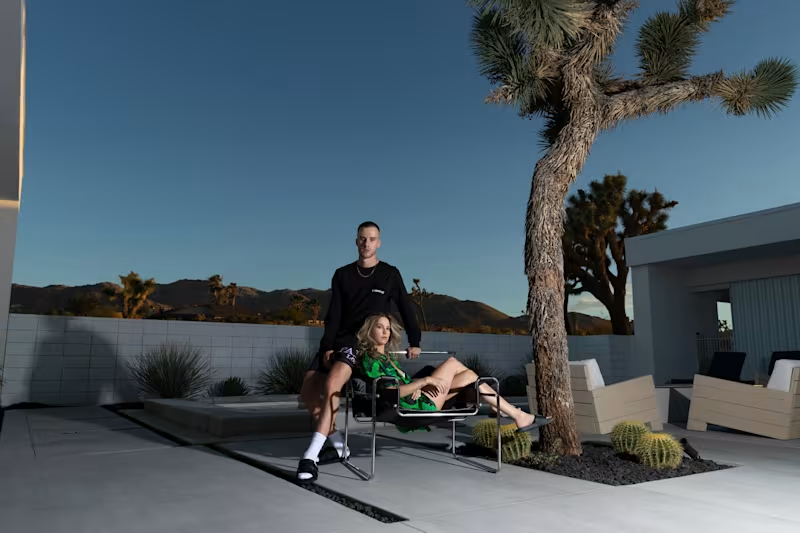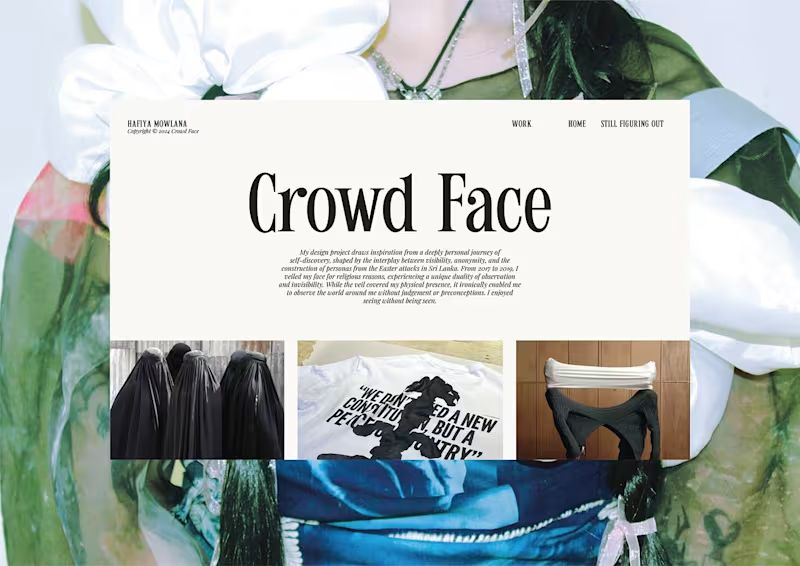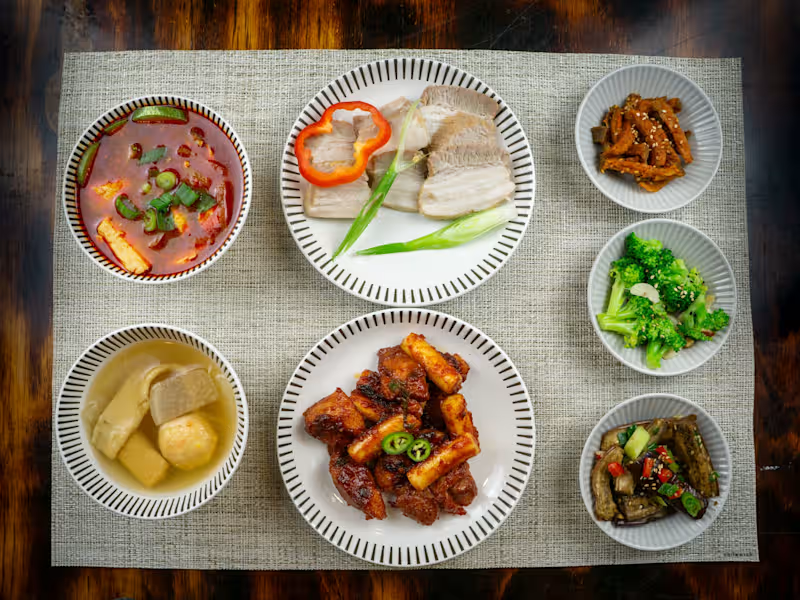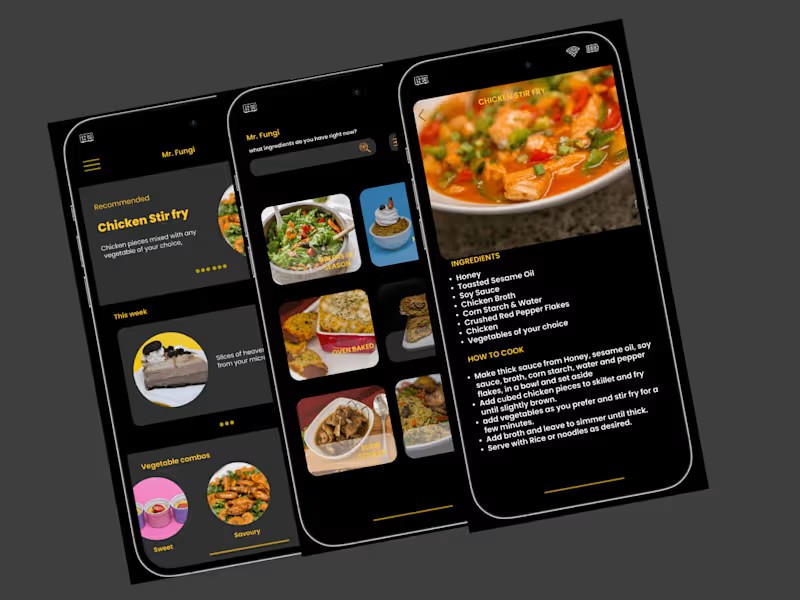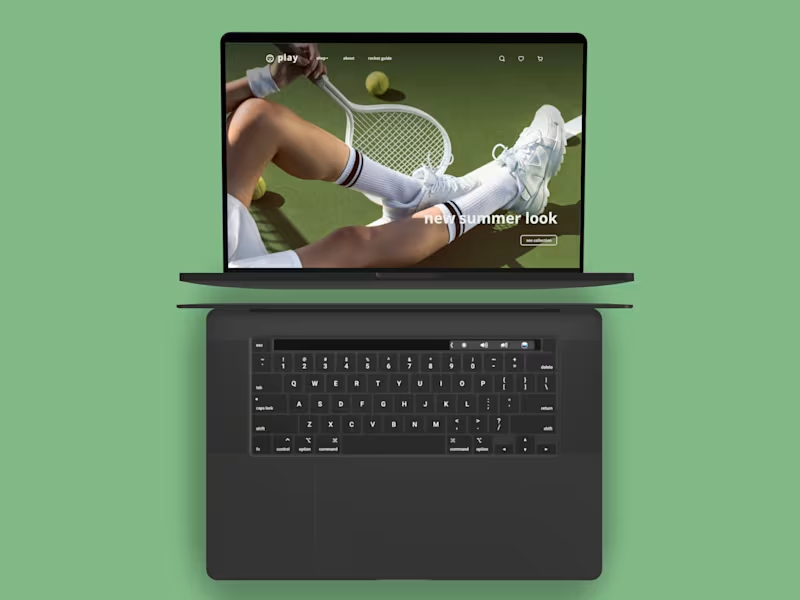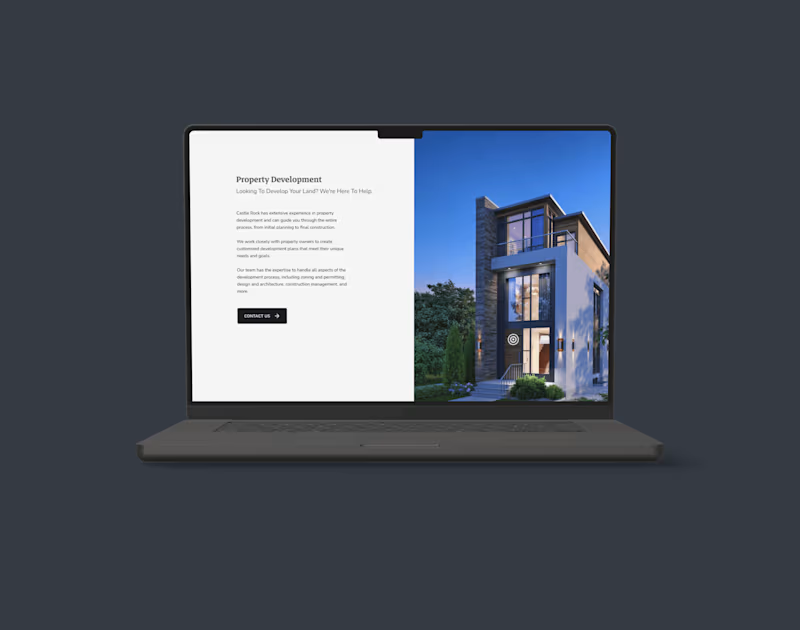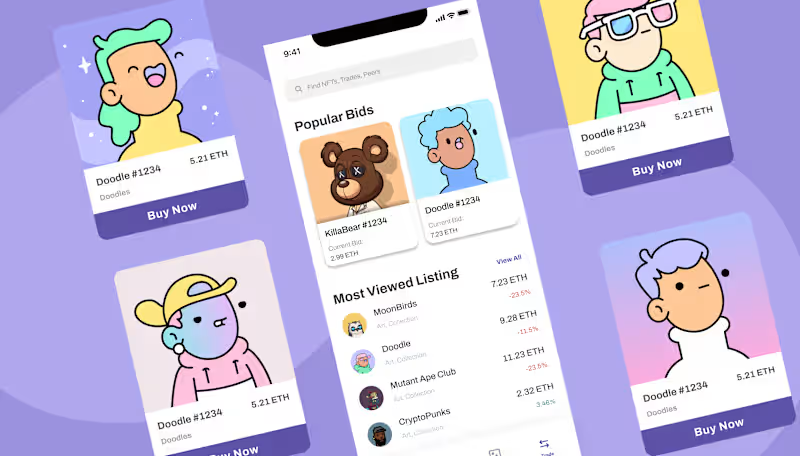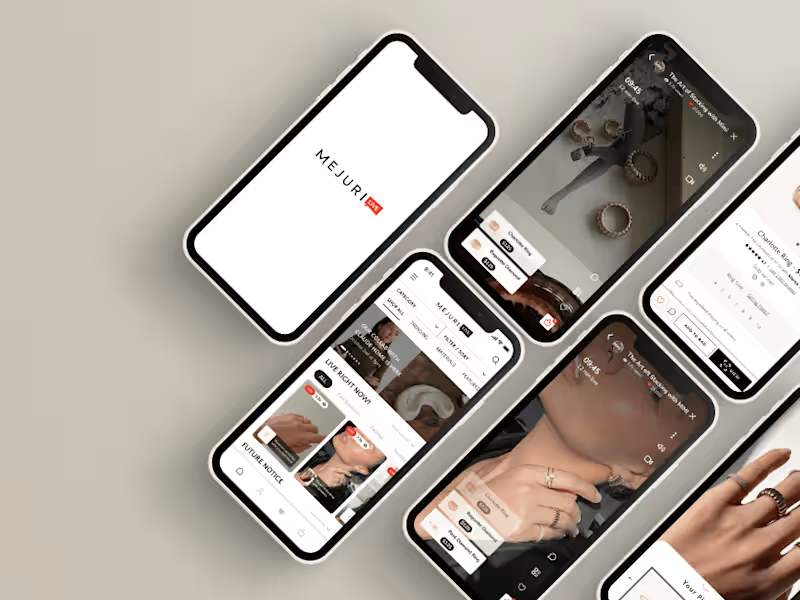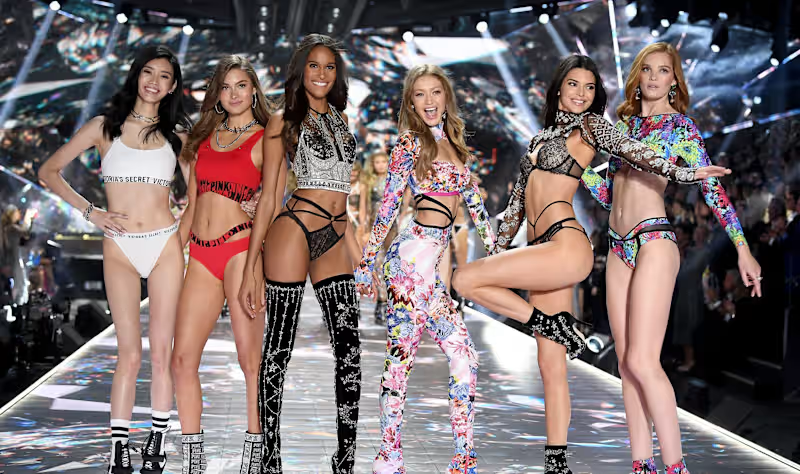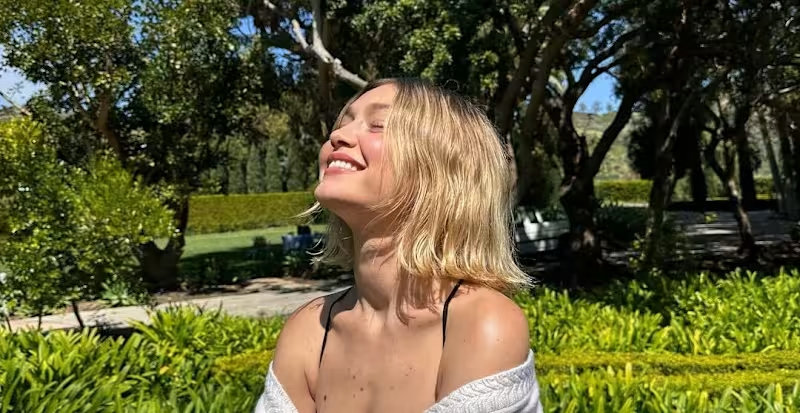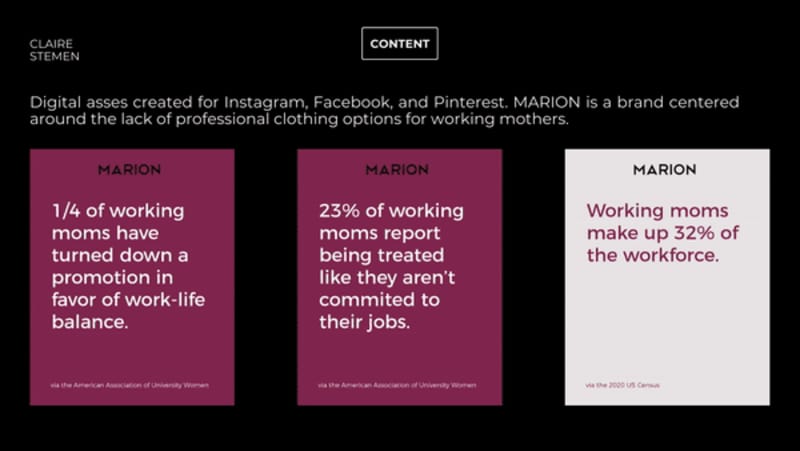What should I include in the project brief for a freelance photographer?
When hiring a photographer, it's important to create a clear project brief. Include details like the type of photography needed—such as portrait, product, or event photography. Explain the project's goals, timeline, and any specific shots you have in mind. Including your brand's style and intended use of photos is helpful too. The clearer your brief, the easier it is for the photographer to meet your expectations.
How do I determine the photographer's style matches my project?
Look at a photographer's portfolio to understand their style and see if it matches your vision. Check for consistency in their editing, use of color, and overall aesthetic. Think about whether their past work aligns with your brand or the message you want to convey. If their style doesn't fit your project, they might not be the right freelance photographer for you.
What is the importance of setting a timeline when hiring a freelance photographer?
A timeline ensures everyone knows when the work should be done. When hiring a photographer, discuss deadlines for shoot dates and delivery of final images. It helps the photographer plan their schedule and ensures they can dedicate the right amount of time to your project. Having a clear timeline keeps the project on track and avoids last-minute rushes.
Why should I discuss location scouting with the photographer?
Discussing location is crucial when planning a photoshoot. Some photographers may be familiar with great spots that fit your vision. If you have a specific location in mind, share that with the photographer so they can prepare for any logistics involved. Location affects lighting, style, and the overall feel of the images, so it’s important to agree on it early.
How do I ensure we agree on image rights and usage with a photographer?
Image rights determine how you can use the photos. Make sure you and the photographer agree on whether you have rights for advertising, web use, or social media. Discuss if there are limitations on editing or selling the photos. Document everything in writing to ensure clarity and avoid misunderstandings.
Why is it important to align on post-production expectations?
Post-production, like editing, is a substantial part of the photography process. Discuss how much editing you expect—such as basic color correction or extensive retouching. Clear communication ensures the photographer meets your expectations in delivering the final product. This discussion helps in preventing delays due to revisions.
What should I do to prepare for the first meeting with the freelance photographer?
Before meeting, gather samples of photography styles you like. Have a list of questions about their past projects, approach, and workflow. Know your project details and objectives to discuss them thoroughly. Being prepared helps the photographer understand your vision and ensures the first meeting is productive.
How do I evaluate a photographer's equipment and technical skills?
While creativity is key, the right equipment and technical skills ensure quality images. Ask about the gear the photographer uses, like cameras and lighting equipment. Understanding their technical proficiency helps ensure they can handle your project’s requirements. Skilled photographers know how to adapt to different conditions and produce high-quality results.
Why is it significant to discuss working hours and availability?
A photographer’s availability may affect your project timeline. Knowing their working hours ensures they can meet your deadlines. Discuss when they can start on your project and how they accommodate changes. This conversation helps prevent scheduling conflicts and guarantees smooth project execution.
What role does communication play during the photography project?
Ongoing communication is essential to keep the project aligned with your vision. Agree on how often you'll check in and through which platforms you’ll communicate. Continuous updates help in quickly addressing any changes or new ideas that arise. Good communication builds trust and ensures a successful collaboration.
Who is Contra for?
Contra is designed for both freelancers (referred to as "independents") and clients. Freelancers can showcase their work, connect with clients, and manage projects commission-free. Clients can discover and hire top freelance talent for their projects.
What is the vision of Contra?
Contra aims to revolutionize the world of work by providing an all-in-one platform that empowers freelancers and clients to connect and collaborate seamlessly, eliminating traditional barriers and commission fees.





































